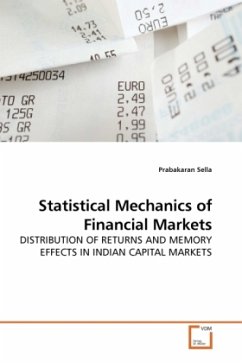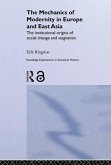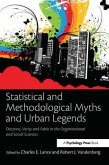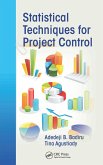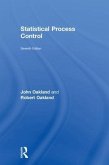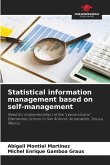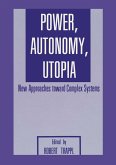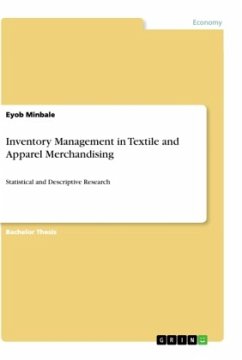The Black Scholes model of option pricing constitutes the cornerstone of contemporary valuation theory. However, the model presupposes the existence of several unrealistic assumptions including the lognormal distribution of stock market price processes. There, now, subsists abundant empirical evidence that this is not the case. It contemplates a statistical feedback process for the stochastic term in the Black Scholes partial differential equation. Several interesting implications of this modification emanate from the analysis and are explored. The Black Scholes model also assumes constancy of the return on the "hedge portfolio". Here the generalisation based on the assumption that the return process on the "hedge portfolio" follows a stochastic process similar to the Vasicek model of short-term interest rates. The return process of stock markets has also been modeled as a Levy process in several studies relating to valuation of contingent claims. Performance of R/S analysis on the data also showed that memory effects are prevalent in the price time series with a possibility of nonlinearities and chaos.
Bitte wählen Sie Ihr Anliegen aus.
Rechnungen
Retourenschein anfordern
Bestellstatus
Storno

